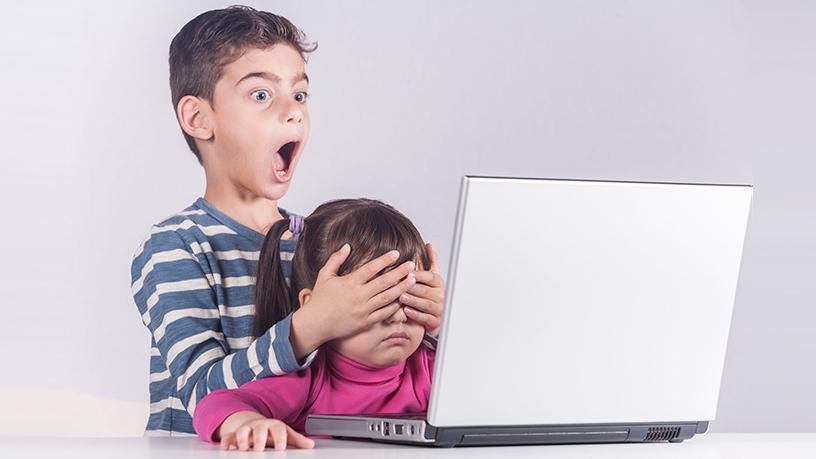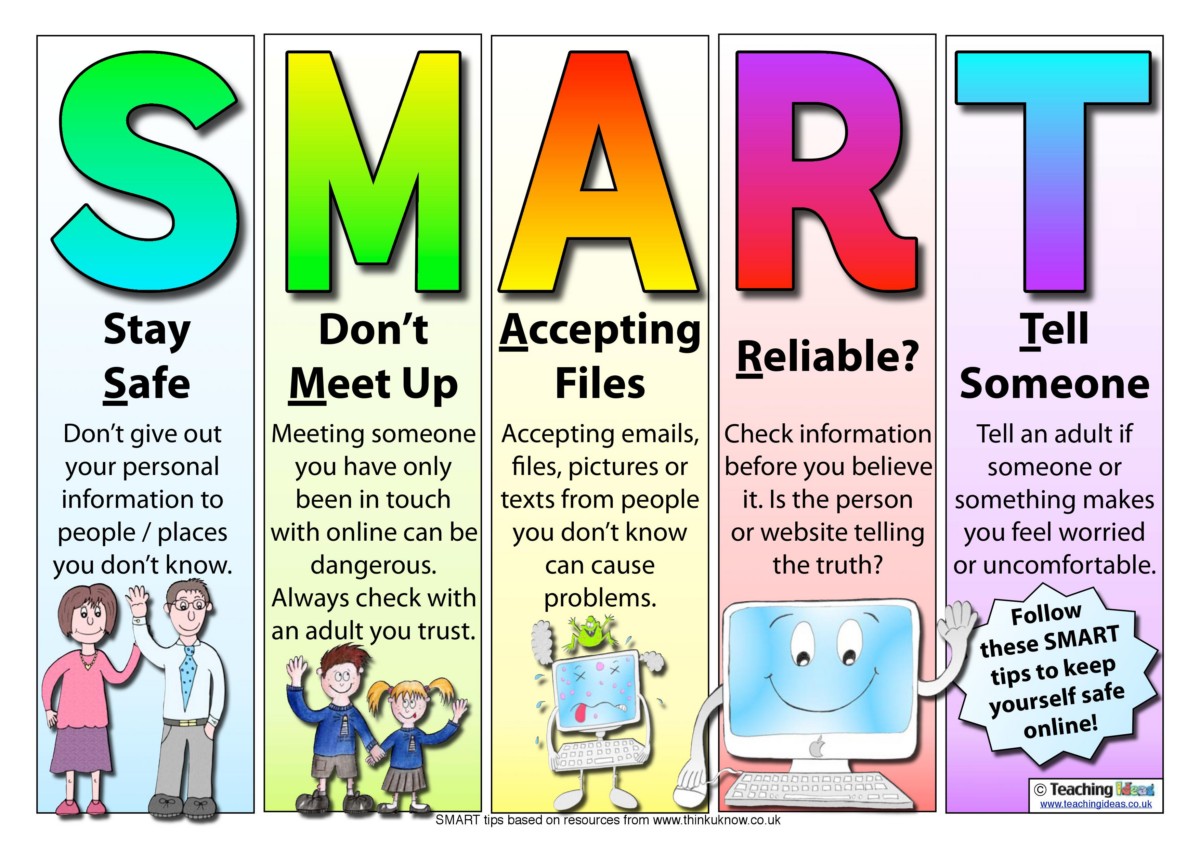The Internet has become an indispensable tool for kids nowadays. It serves as one of their means of education and research. They also use it for entertainment and socializing with friends. But with all that versatility also comes the various dangers your kids can fall into. So, how do you ensure your kids’ online safety while still letting them enjoy being online?
The dangers of the Internet
Understanding what dangers await your kids online will help you better plan on how to protect them. While there are a ton of things to watch out for, there are specific dangers that you should be extra careful with. These dangers can have a significant impact on your kids’ well-being if not dealt with early.
Inappropriate content

The open nature of the Internet means that content not suited for kids is ironically just within their fingertips. These include pornography, violent content, and those relating to other questionable topics. If they are not properly oriented about these, such content can be very disturbing to particularly impressionable kids.
Cyberbullying

While the Internet and social media helps kids connect with friends, it also leaves them open to online attacks from disgruntled people. This cyberbullying can range from verbal attacks on their social media pages to spreading rumors about them. There is also the danger of doxxing, or the online release of your kids‘ personal information, which makes them a target for harassment. These attacks can have a significant impact on your kids’ mental health and lead them to anxiety or depression.
Cyber predators

Many cyber predators pose as seemingly harmles people online, using fake profiles to lure unwitting victims. Once these get your kids’ trust, they can get them into many dangerous situations. These include sexual predation and recruitment into criminal activities. They may also coax your young ones into sharing personal information that can compromise the family’s security.
Posting potentially harmful content
One thing about the net you should know is that things stay online for a long time. An innocuous post that your child makes now can eventually turn out somewhere else on the internet and used for an entirely different purpose. These can happen years after they made the post, which is a scary prospect for them and you.
Teaching your kids about online safety
Even before you consider putting all sorts of filters and restrictions on your kids’ Internet usage, you should discuss online safety with them. According to experts, it is best to start early when they are still using the computer with you. This way, you can better ingrain safe Internet habits into them before they start browsing on their own.
One lesson that you would want to teach them is that the same dangers found in the real world are also present online. As such, they should not entertain strangers that are trying to connect with them on social media. Explain in simple terms what these strangers can do to them if they are not careful. Additionally, you would want to talk about hackers and how they can steal information. This simple graphic will help you explain the dangers and safety tips easier.

Another simple lesson you should teach your kid is that if they won’t do something in the real world, then they shouldn’t do it online either. For instance, if they think that bullying a person in real life is bad, then it should be the same online. Remind them that online anonymity is no guarantee that they will be safe from the consequences of their actions. Teens, in particular, should be taught about thinking twice before sharing something on the Internet.
Setting limits to your kids’ Internet use
One challenge in setting limits on your kids’ internet use is deciding how much time they should have. A simple guide you can use is the one recommended by the German Ministry of Family Affairs.
- 7 years old and below: 30 minutes
- 8-9 years old: 45 minutes
- 10-11 years old: 60 minutes
- 12-13 years old: 75 minutes
Do note that these are just basic limits. To further refine the limits you set, consider the various activities your kids are doing online. Using the internet for study purposes, for example, can be excluded from the time limit since it is an essential activity. Discuss with your kids what these limits will be and what other associated rules you have for using the internet.
Beefing up online safety
Most modern computer operating systems already come with parental control features. Make sure that you set these controls accordingly the first time you prepare the computer for use. After that, regularly review the control settings to ensure that kids remain protected.
With mobile devices, you would also want to consider putting up some form of parental control for individual apps aside from the main device. Consult each app’s online manual to see what kind of protection it offers. Additionally, you would want to have control over app stores like Google Play and the IOS store. This is so that your kids don’t download questionable apps.
However, the most effective monitor of your kids’ online safety will still be you. Make sure that you are constantly in touch with the activities that they do online. Joining them in things like online games and social media will also help you better understand their Internet culture. This will help you build a more enjoyable online experience for them.
Ensure your kids’ online safety with these tips
As the Internet becomes an integral part of your kids’ daily life, ensuring their online safety becomes even more vital. These tips will help you create a safe environment where they can still have fun on the web. Join them on that experience and be ready to have a wonderful and safe time together.

